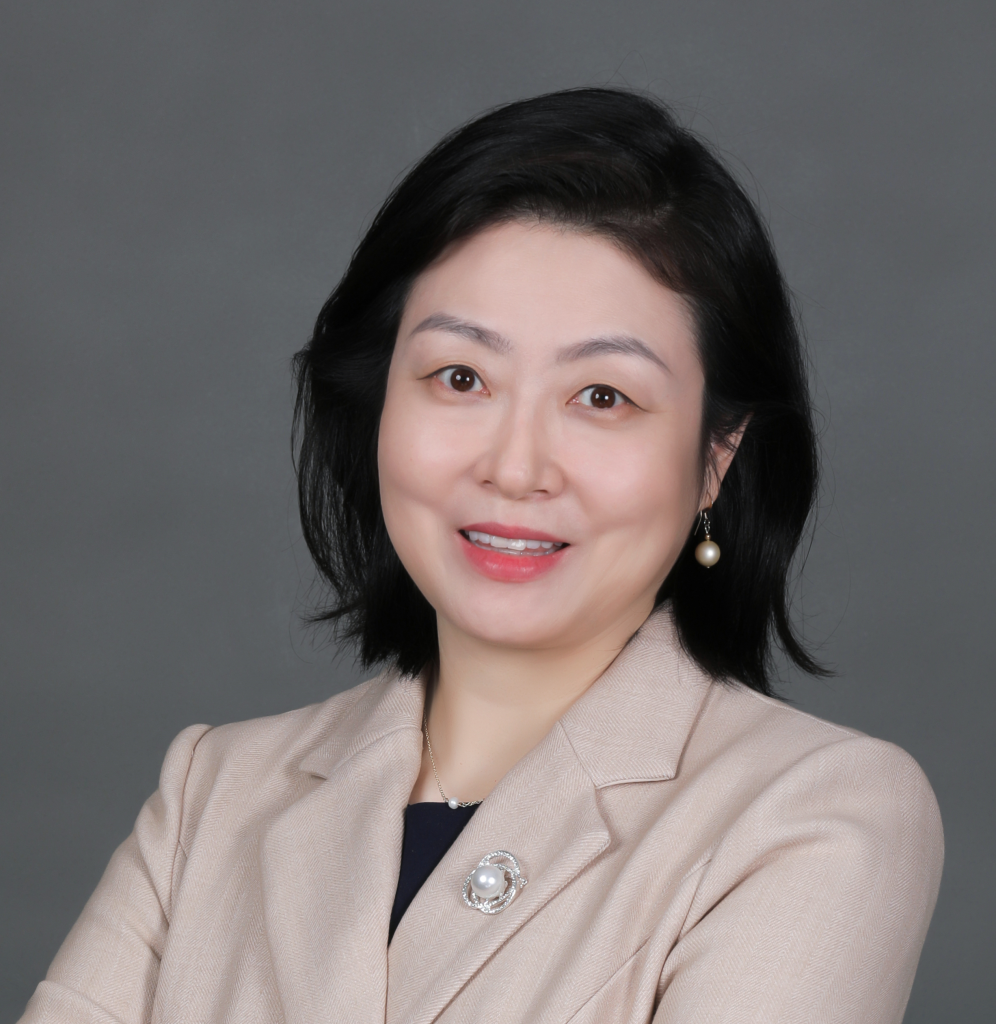Dr. Jinjie Wang: A Bridge of Knowledge and Solidarity Between China and Africa
Dr. Jinjie Wang, a distinguished research professor at Peking University’s National School of Development (NSD) and the Institute of South-South Cooperation and Development (ISSCAD), has emerged as a visionary leader in advancing African workforce development, fostering equitable China-Africa partnerships, and embodying the spirit of cross-continental solidarity through action-driven scholarship and advocacy.
Pioneering Scholarship in African Studies
Dr. Wang’s academic journey is deeply rooted in her commitment to Africa’s development. Mentored by Professor Ladislause Semali—a Tanzanian-born American scholar—during her Ph.D. studies at Pennsylvania State University, she developed a unique perspective that blends rigorous research with cultural empathy. Her groundbreaking fieldwork, spanning seven African nations (Egypt, Ethiopia, Djibouti, Kenya, Tanzania, Zambia, and Nigeria), has redefined understanding of Sino-African industrial cooperation. Leading interdisciplinary teams, she conducted in-depth analyses of China-Africa Industrial Parks, culminating in the first comprehensive academic monograph on this critical subject. This seminal work not only evaluates socioeconomic impacts but also provides actionable frameworks for equitable growth, positioning industrial parks as engines of sustainable development.
Beyond industrial policy, Dr. Wang’s research addresses Africa’s pressing human capital challenges. Her studies on technology transfer, vocational training, and youth employment programs—conducted in collaboration with African communities, policymakers, and Chinese enterprises—directly tackle the continent’s skills gap. By documenting best practices in workforce development, her work empowers African youth to thrive in evolving economies.
Championing China-Africa Collaboration
As a leading think tank researcher at one of China’s top universities, Dr. Wang bridges scholarly insights with real-world impact. Her evidence-based evaluations of Chinese investments in Africa have informed ethical labor practices and inclusive industrialization policies, earning recognition from governments and multinational corporations alike. Recognizing the power of narrative, she amplifies Africa’s developmental successes through high-profile media engagements. Her televised interviews deconstructing industrial park models and vocational education initiatives have reached millions, while her commentaries—republished by global leaders on social media—reshape perceptions of Sino-African cooperation.
Mentorship and Institutional Leadership
At ISSCAD, a Chinese government-backed institute nurturing Global South talent, Dr. Wang cultivates Africa’s future leaders. She transforms abstract theories into practical tools through graduate courses on social science methodologies, earning acclaim for her ability to make complex concepts accessible. Under her supervision, doctoral candidates produce policy-relevant research aligned with Africa’s priorities. Alumni now spearheading reforms across the continent attest to her dual focus on intellectual rigor and cultural sensitivity—a rare combination that equips students to navigate both academic and real-world challenges.
A Heart Rooted in Africa’s Future
Colleagues and collaborators universally describe Dr. Wang as a “friend of Africa”—a scholar whose work transcends academia to reflect genuine partnership. Whether co-designing vocational curricula with African educators, advocating for fair labor standards in industrial zones, or spotlighting grassroots success stories, she approaches South-South cooperation as a shared learning journey. Her ability to connect with communities—from factory workers in Ethiopia to students in rural Zambia—exemplifies a human-centered philosophy that aligns perfectly with the Pride of Africa’s values.


